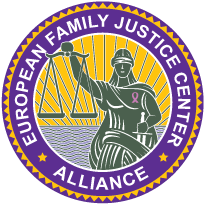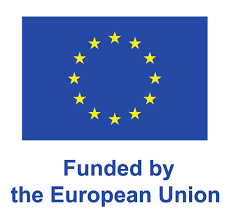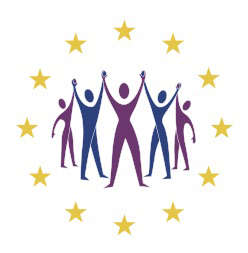Activities
The EFJCA contributes firmly to the capacity building of professionals in contact with victims of all forms of violence against women and children. The EFJCA hereby focusses on enabling multi-disciplinary cooperation between professionals from different organisations. The sustainability of the FJCs and affiliated multi-agency centers, and the monitoring of the quality of their work are leading in the efforts and long-term results. This is also achieved by a sustainable network enhancing mutual learning and strengthening.
The EFJCA subscribes to:
- the Council of Europe Convention on preventing and combating violence against women and domestic violence (Istanbul Convention)
- the DIRECTIVE 2012/29/EU of the European Parliament and of the Council, establishing minimum standards on the rights, support and protection of victims of crime
- the UN Convention on the Rights of the Child
- the UN Convention on the Elimination of All Forms of Discrimination Against Women (CEDAW)
- the Universal Declaration of Human Rights
- the European Charter of Human Rights
- The Treaty on the European Union
VOICES
Survivors of gender-based violence and domestic violence are the voices of the EFJCA movement. Voices are an important part of Family Justice Centers. Members can support each other as well as incoming clients. As survivors, VOICES can offer a unique perspective in regards to a Center’s established programming, and/ or identify gaps in services.
General activities of the EFJCA
The general activities of the European Family Justice Center Alliance are:
- Providing mutual support and cooperation among members
- Organizing a yearly conference
- Developing and strengthening the network in Europe
- Developing material for training, evaluation, ICT, monitoring and related topics
- Creating and organizing a platform for conversation, consultation and exchange of ideas, expertise and good practices in the approach to gender based, domestic, sexual violence and child abuse
- Developing and maintain the EFJCA website
- Promoting and strengthening the integration of the model of Family Justice Centers in Europe on professional, policy and political level
- Fundraising for Family Justice Centers
- Supporting and following up new and existing Family Justice Centers in Europe, and support the development of high-quality multi-agency cooperation
- Applying to and taking part in EU calls and other calls


